From time to time, a political leader embodies the past, present and future of their nation. Such is Aung San Suu Kyi in Myanmar. Following the 2015 election, at which her National League for Democracy won the majority of seats in the Parliament, she became the leader of the country known to many as Burma. The former military oligarchy, which ruled the country for over 50 years, and which still maintains 25 per cent of the seats in the parliament, inserted a clause in the constitution that precludes a person married to a foreigner becoming the President. It is known locally as the Suu Kyi clause, as her late husband was born in the UK. As a consequence, Aung San Suu Kyi carries the title ‘State Counsellor’; in reality her nation’s Prime Minister.
Recently, I led a delegation to three ASEAN countries including Myanmar. Accompanied by Kimberley Kitching, Ken O’Dowd and Cathy O’Toole, we had an extensive programme of meetings, briefings and visits to Australian-funded aid projects. It was an invaluable opportunity to learn and to make contacts with significant leaders. Flying into Yangon (known to generations as Rangoon), a wide plain of green meadows opens out as far as the eye can see. Cultivated fields are interspersed by farmhouses. Soon the vast network of paddy fields emerges from the patchwork of the green and brown landscape. If you substitute church spires for golden pagodas, you could be flying over rural England.The crowded roads of Yangon quickly replace the tranquil countryside. Yangon is the commercial hub of the country and home to 7 million people. The busy streets feel and look more Indian than Asian. The city has the most extensive collection of colonial buildings in the world, many showing signs of age and neglect, but some being renovated to their former glory. Once the most prosperous country in the region, Myanmar is now the least. The critical infrastructure challenges are evident: poor roads and inadequate transport; and an antiquated electricity transmission system that suffers regular blackouts. Addressing these issues is central to economic progress.
The failure of the military dictatorship to invest in basic infrastructure is evident throughout Myanmar. The exception is the new capital, Nay Pyi Taw, a sprawling city of government offices, ceremonial buildings, hotels, and extensive motorways. It is eerily empty. I counted less than 10 cars on the eight lane manicured boulevard during the 25 minute journey from the airport. The grand parliament buildings – more than a dozen in total and surrounded by a moat – make the Palace of Versailles look like a doll’s house. The 22 lane ceremonial avenue is mostly empty of any vehicles. The 40 resort style hotels, each set on hectares of land, have an average occupancy of 11 per cent. A journey from one government building to another can take 10 minutes on sparsely used thoroughfares. No country has relocated its embassy to the remote capital, necessitating regular flights to meet government officials, all of whom were relocated overnight when the then military government unveiled their secret construction a decade ago. For Burmese parliamentarians, all of whom share common lodgings, the capital is isolated and isolating.
The real Myanmar is found elsewhere, as a journey to Shan state in the country’s northeast to visit Australian aided projects demonstrated. Taunggyi is the busy capital, located on a mountain range overlooking the surrounding plains. Our visit includes a Unicef child protection program and a school funded by Australia. 3,000 pupils attend the school each day, in two shifts of 1,500 each in the morning and the afternoon. They are bright and bubbly, interested in learning and motivated by a better future for themselves. Along with vital infrastructure, education is the key to Myanmar’s future. The next day we visited two other projects at Lake Inle. This beautiful natural lake is reminiscent of Lake Garda in Italy. More than a dozen resorts have been built here, attracting many tourists to the remote location during the dry months. Most of the country’s tomatoes are grown on extensive floating gardens along the lake’s edge. The removal of trees from the surrounding hillsides for heating and cooking by the local villagers has led to significant silting of the lake. One aid project helps villagers to plant crops, removing their need to harvest trees. As a consequence, the villagers have been able to afford electricity for the village, improving their standard of living and enabling children to study in the evening.
Another project involves the replacement of open fires in village houses with enclosed brick stoves. Not only are the stoves more efficient, reducing fuel and increasing the income from the production of rice crackers, the chimneys have had a significantly improved impact on health, as smoke is now removed from the premises. Using the additional income generated by the stoves, the villagers have built another 25 ovens themselves. Both these projects have intergenerational benefits for some of the poorest people in Burma.
We encountered a cheerful people facing with equanamity many challenges, including continuing internal conflict in some parts of the north, and the unresolved challenge of the Rohingyas. The consistent message from many, including the Human Rights Commissioners and the Archbishop of Yangon, is that the nation needs time and patience. This too is the message from those who gather outside the home of Aung San Suu Kyi, where she was held under house arrest for 15 years. It is a reminder that while democracy can be destroyed in a day, rebuilding it is a long, painstaking process.
Got something to add? Join the discussion and comment below.
Get 10 issues for just $10
Subscribe to The Spectator Australia today for the next 10 magazine issues, plus full online access, for just $10.
You might disagree with half of it, but you’ll enjoy reading all of it. Try your first month for free, then just $2 a week for the remainder of your first year.

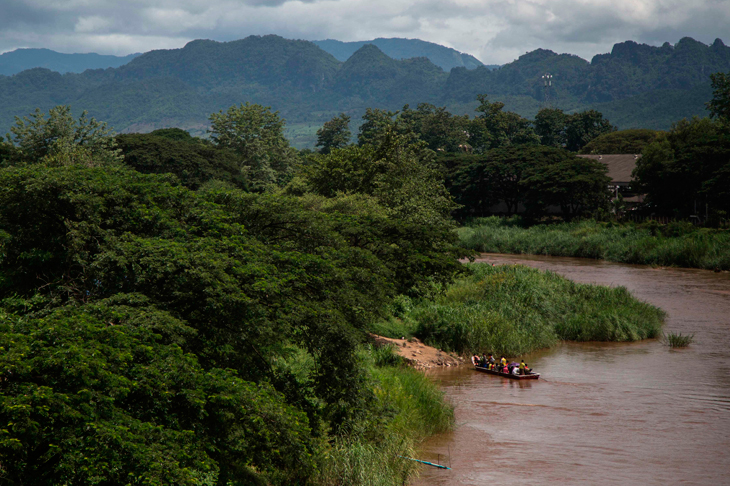
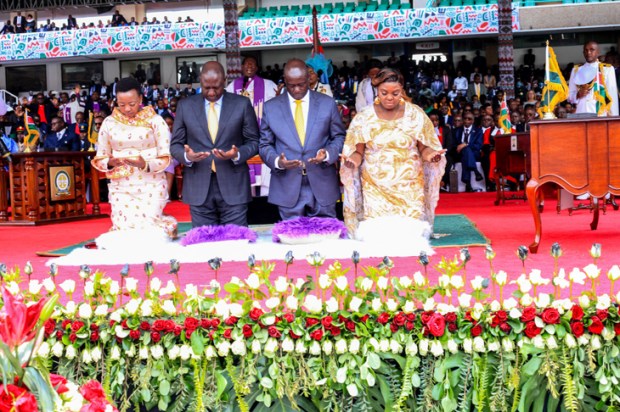
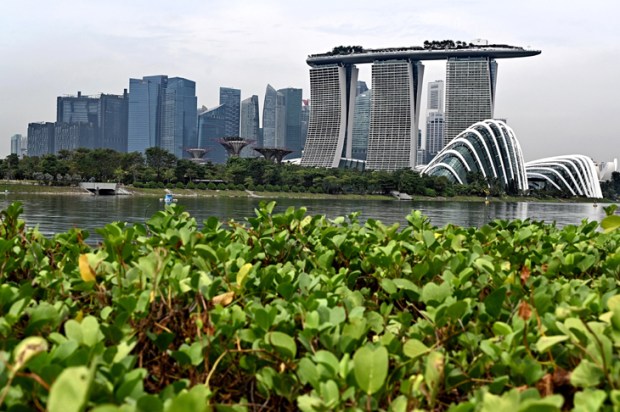
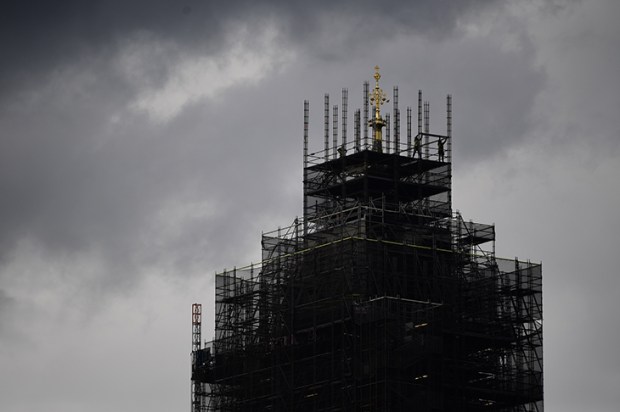
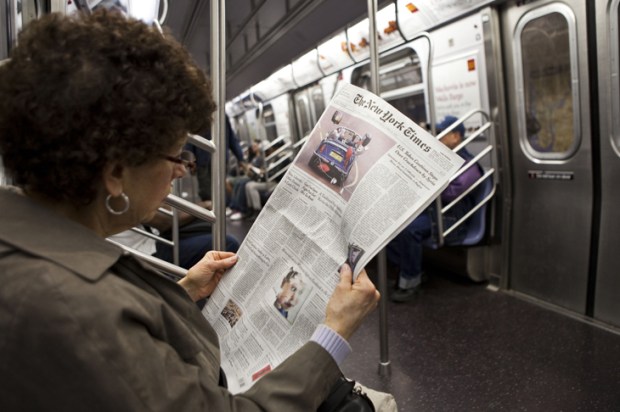

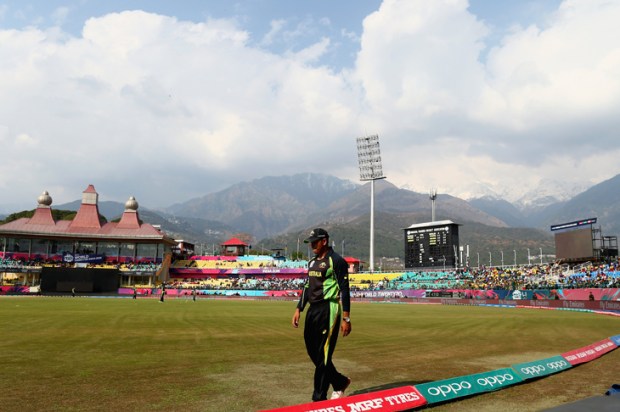






Comments
Don't miss out
Join the conversation with other Spectator Australia readers. Subscribe to leave a comment.
SUBSCRIBEAlready a subscriber? Log in